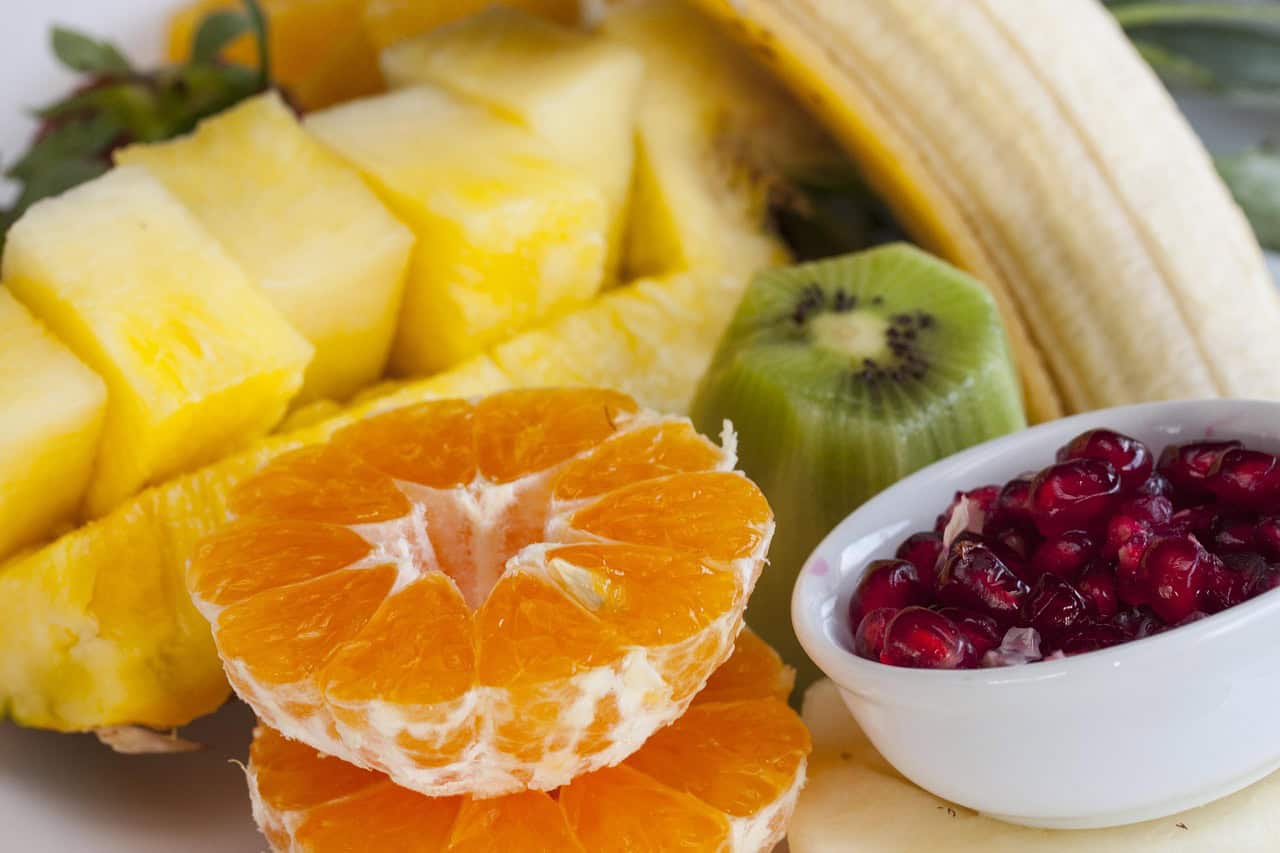The Best Things to Eat to Lose Weight: A Comprehensive Guide
Estimated reading time: 7 minutes
- Focus on nutrient-dense foods that support weight loss.
- Include a variety of protein-rich, fiber-rich, and healthy fats.
- Stay hydrated to help control appetite and boost metabolism.
- Practice portion control for mindful eating.
- Consult a professional before making dietary changes.
Table of Contents
- Nutrient-Dense Foods for Weight Loss
- Protein-Rich Foods
- Fiber-Rich Foods
- Healthy Fats
- Metabolism Boosters
- Hydration and Additional Tips
- Key Principles for Weight Loss
- Final Thoughts
- FAQ Section
Nutrient-Dense Foods for Weight Loss
Before diving into specifics, it’s essential to understand that certain nutrients play pivotal roles in weight management. Focusing on a variety of nutrient-rich foods—particularly those high in protein, healthy fats, and fiber—can help enhance metabolism, maximize satiation, and curb cravings for unhealthy snacks. Below is a curated list of the best food categories to aid your weight loss journey.
1. Protein-Rich Foods
Eggs
Eggs are incredibly versatile and a powerhouse of nutrition. They are packed with protein and healthy fats, which can help you feel full longer, making them a perfect choice for breakfast or snacks. Research supports that incorporating protein-rich foods like eggs can enhance significant weight loss outcomes (EatingWell, Healthline).
Fish & Shellfish
Fish, like salmon and trout, along with shellfish, are excellent sources of high-quality protein and omega-3 fatty acids. These nutrients support heart health while also promoting satiety, making them smart additions to a weight loss diet (UnityPoint, Healthline).
Lean Meats
Choosing lean cuts of meat, such as chicken breast and turkey, ensures you consume protein with lower fat content. Protein-rich diets are correlated with improved digestion and greater calorie burning (UnityPoint, Healthline).
Legumes
Beans and lentils are fantastic for both protein and fiber intake. The combination aids in feeling more satisfied and sustaining energy levels throughout the day. Their metabolism-boosting properties are notable, thus making them integral in weight loss diets (WebMD, UnityPoint).
2. Fiber-Rich Foods
Whole Grains
Incorporating whole grains like quinoa, brown rice, and whole-wheat products into your meals is ideal; they are high in fiber and help slow digestion, keeping you feeling satisfied (WebMD, EatingWell).
Vegetables
Leafy greens such as kale and spinach, along with cruciferous vegetables like broccoli, are not only low in calories but also rich in fiber. Their filling nature makes them excellent options for weight loss (Healthline).
Fruits
Eating fruits such as apples, pears, and berries—especially with their skins—further provides high fiber and water content. They fulfill sweet cravings while contributing to weight loss objectives (WebMD, EatingWell).
3. Healthy Fats
Avocados
Rich in unsaturated fats and fiber, avocados not only support feelings of fullness but also promote gut health. A diet including avocados can be beneficial for those looking to shed pounds (EatingWell).
Nuts and Seeds
Almonds, chia seeds, and walnuts are replete with healthy fats, protein, and fiber, collectively helping to curb hunger and promote feeling full (EatingWell, UnityPoint).
4. Metabolism Boosters
Chili Peppers
Spicy foods that contain capsaicin, like chili peppers, are known to increase metabolism which may help in burning extra calories (Healthline).
Oatmeal
Start your mornings with oatmeal, which is high in fiber. This hearty option helps slow sugar absorption, thereby enhancing feelings of fullness throughout the day (UnityPoint).
5. Hydration and Additional Tips
Water
Staying hydrated aids appetite control and supports overall metabolism. Drinking water before meals may contribute to eating less (UnityPoint).
Greek Yogurt
This protein-rich dairy product is not only satisfying but also beneficial for digestive health. Opt for low-fat varieties for optimal weight loss effects (WebMD).
Low-Fat Dairy
Low-fat options like skim milk or cottage cheese provide necessary calcium and protein without excessive fat, contributing to a balanced diet (WebMD, UnityPoint).
Key Principles for Weight Loss
- Balanced Diet: Aim for whole foods over supplements for effective weight loss (NCBI).
- Portion Control: Moderation is key; even healthy foods should be consumed thoughtfully (NCBI).
- Combination is Key: Pairing nutrients—such as protein with fiber—improves overall satiety and metabolism (EatingWell, Healthline).
Successful weight loss is about finding the right balance. By incorporating the foods discussed in this guide, alongside regular physical activity, individuals can pave their way toward achieving their weight loss goals.
Final Thoughts
Embracing a nutrient-dense diet rich in proteins, healthy fats, and fibers will not only support weight loss but also improve overall well-being. Individual experiences may vary based on personal goals, preferences, and health conditions, so always consult a healthcare professional before making significant changes to your dietary habits.
Get Started Today!
Explore more resources on Lose That Weight to find tips, meal plans, and expert articles tailored to assist you on your weight loss journey. Understanding the best things to eat to lose weight is just the beginning—empower yourself with knowledge and tools to achieve your goals!
Disclaimer: The information provided in this article is not intended as medical advice. Please consult a healthcare professional before making any significant dietary changes or starting a new weight loss program.
FAQ Section
Q: What foods are most effective for weight loss?
A: Foods high in protein, fiber, and healthy fats, such as eggs, legumes, avocados, and vegetables, are effective for weight loss.
Q: How important is hydration for weight loss?
A: Staying hydrated is crucial as it helps control appetite and supports overall metabolism.
Q: Should I consult a professional before changing my diet?
A: Yes, it’s advisable to consult a healthcare professional before making significant changes to your dietary habits.
Q: Can I combine different types of nutrients for better results?
A: Combining nutrients, such as pairing protein with fiber, may improve satiety and overall metabolism.
Q: Is moderation important even with healthy foods?
A: Yes, portion control and moderation remain important even when consuming healthy foods.
